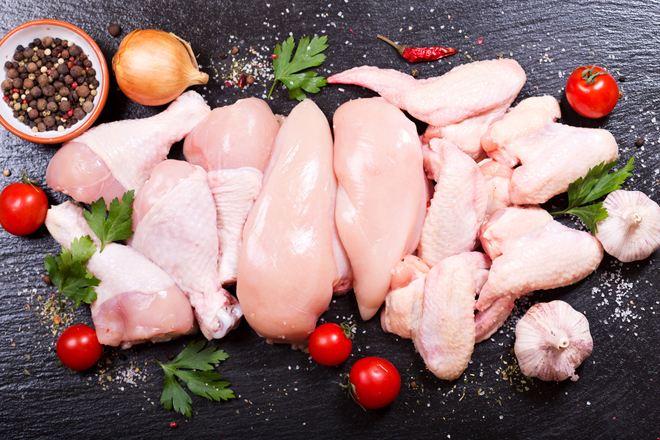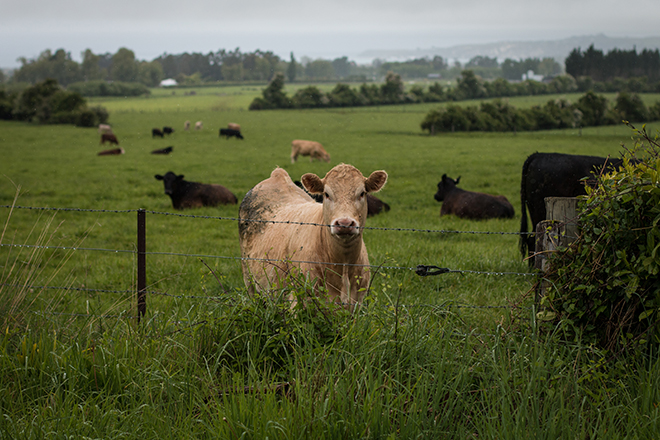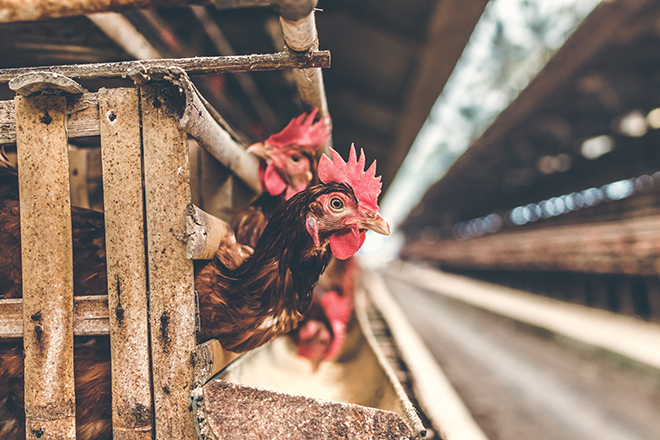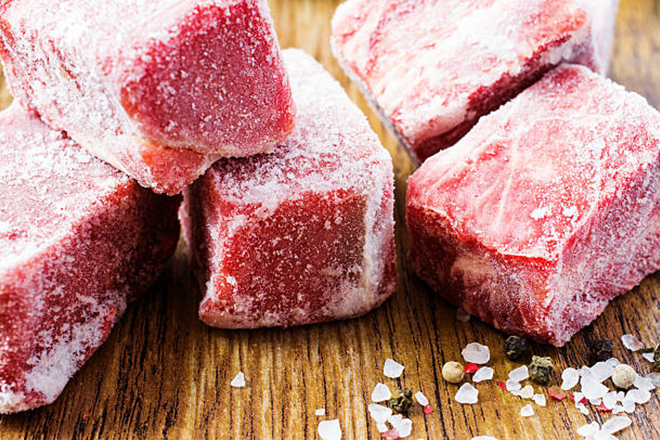By Localiiz
Branded | 17 May 2024
By Localiiz
Branded | 14 May 2024
Copyright © 2025 LOCALIIZ | All rights reserved
Subscribe to our weekly newsletter to get our top stories delivered straight to your inbox.
When you go to a supermarket to buy groceries, the packaging and labels make it clear if the produce is grown organically or not, and what country it is from. Understanding the same issues in relation to meat is not always so straightforward. However, it is no less important to know where your meat and seafood was produced and how it was raised. Emma Pike, founder of online meat delivery service Farmer’s Market, shares her insights on why it’s important to understand the sources of food and produce. With a handy cheat sheet on how to ask the right questions and make the right decisions, here are four important questions you must ask when shopping for meats.

From the outside, meat is meat. It all looks the same when packaged on a shelf or in a butcher’s counter. If you see chicken thighs for $250 and the same-looking item for $50, most of us would err towards the cheaper item without question.
Needless to say, despite their appearances, these products are not at all the same.Try to think about how meat was made during your selection process. For example, think of an athlete in their prime—fit, lean, muscular and healthy—the ideal body for optimal performance. Now think of an athlete who has been injected with hormones and antibiotics over the course of their life and has subsisted on a poor diet. On the outside, they may look indistinguishable from another, but their insides tell a different story.
Now apply that thinking to the meat and seafood you consume. Do you want to be eating something that may be full of harmful components? Or would you rather have clear information about the origins of the meat product and how it was raised, so you can be assured that it is clean, lean, and full of good protein? Always ask questions about what goes into meat production, and whether harmful ingredients have been added.

The old adage of “don’t ask, don’t tell” might encourage ease of mind through ignorance, except that when it comes to shopping for meats, you definitely want to ask where your meat is from.
Aside from supporting humane and sustainable animal farming, it’s a quality control measure for you to ensure that you are getting the best product for your penny.
Having mystery meat on the menu is a huge no-no. Be sure to familiarise yourself with a product’s origins.
Once you have found a supplier whose products and ethics you trust, you can be a happy repeat customer.

This is a big question, the answer to which depends on your personal taste and flavour preference. A lot of people are moving towards 100 percent grass-fed animals these days for health reasons.
100 percent grass-fed: The animal has only eaten grass in a paddock its entire life. 100 percent grass-fed is considered the healthiest of most animal diets.
Grass-fed: This classification is more ambiguous. It often means the animal has eaten grass for a portion of its life, which can range from a period of a month or up to two years.
Grain-finished: These animals may have started on a grass feed, but finished their diet on grain. Feeding them on grain fattens them up and adds marbling to the meat.
Grain-fed: This means that the animal has only been fed grain throughout its life. It tends to occur in in dry areas like Queensland in Australia due to the lack of grass for grazing.

It may not seem like an important factor to consider while purchasing meat, but knowing whether or not meat products have previously been frozen is significant for several reasons.
First, meat that has been frozen should not be immediately refrozen.
This adds risks for contamination, as freezing meat ruptures the muscles in such a way that bacteria can travel from the surface to the interior.
The more times you thaw, the more opportunities for bacteria to expand.Second, it’s extremely difficult to determine the shelf life of meat that has been frozen and then thawed for selling.
As a customer, you don’t know how long the item was chilled before it was frozen and how long it has sat on a shelf to thaw out.
If you do end up buying meat that was defrosted, be sure to cook and consume it within 24 hours of purchase before its quality deteriorates.
Sticking to this checklist is one of the easiest ways to feel confident in making healthy selections when shopping for meat products.
Aside from understanding where your meat is from, it’s also crucial to learn about how the animal was raised and processed before making its way to you.Fortunately, at Farmer’s Market, one of Hong Kong’s leading online butchers and delivery services, the team has already done the hard work for you.
Farmer’s Market sources an expansive range of exceptional meat products and fine foods from all over the world, making them available to you and your family at the click of a button. From fresh Australian beef, lamb, pork, and chicken, to salmon, fish, duck, sausages, and more, you can shop with the comfort of knowing that all products are traceable, sustainable, and affordable. And they deliver straight to your door!
Find out more about Farmer’s Market and their range of meat products here
Top